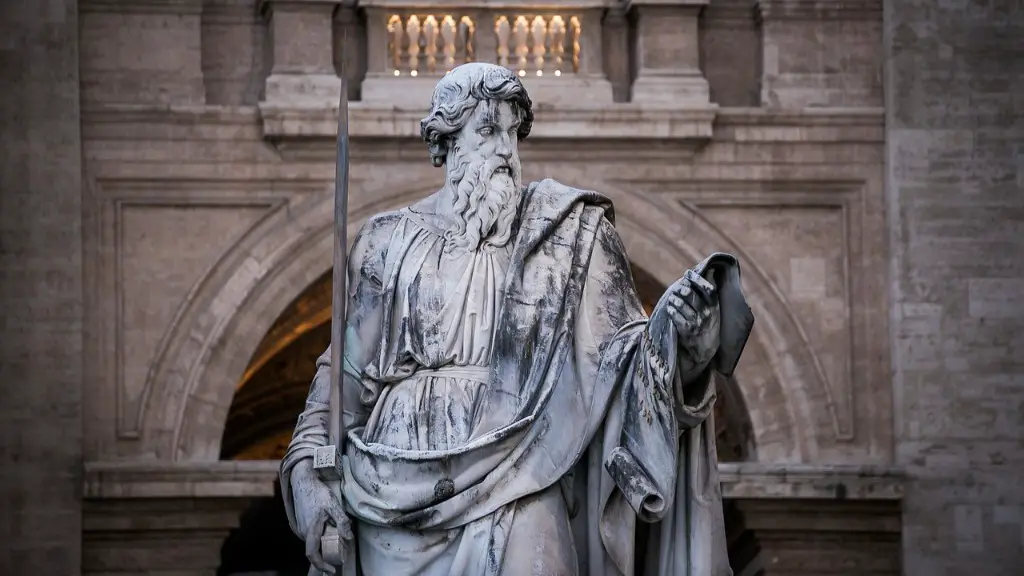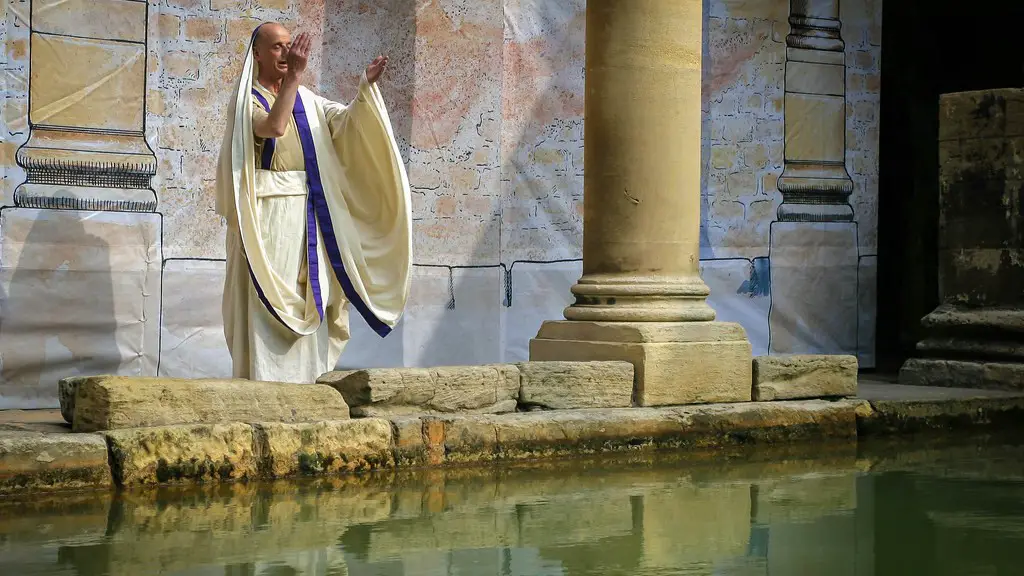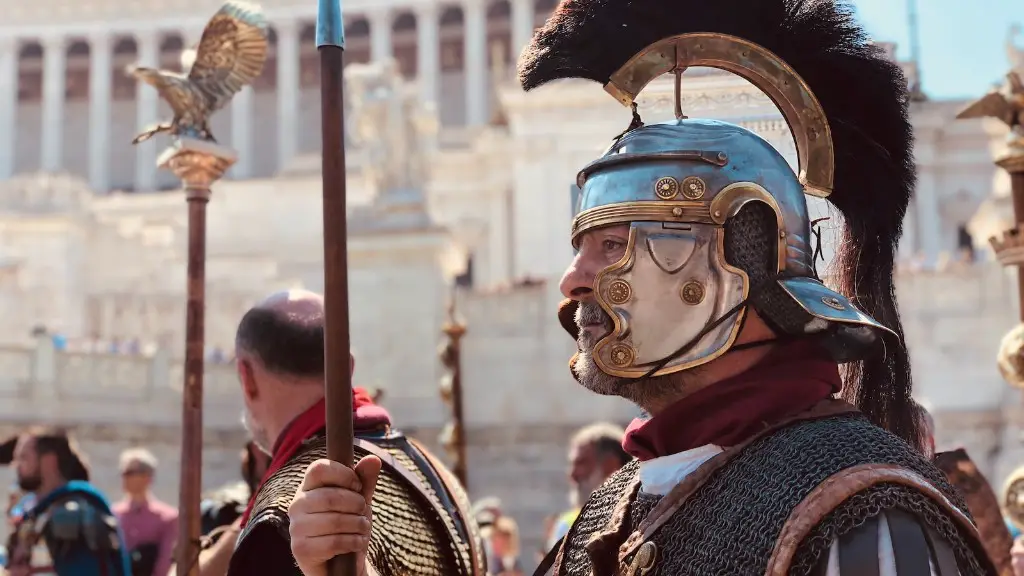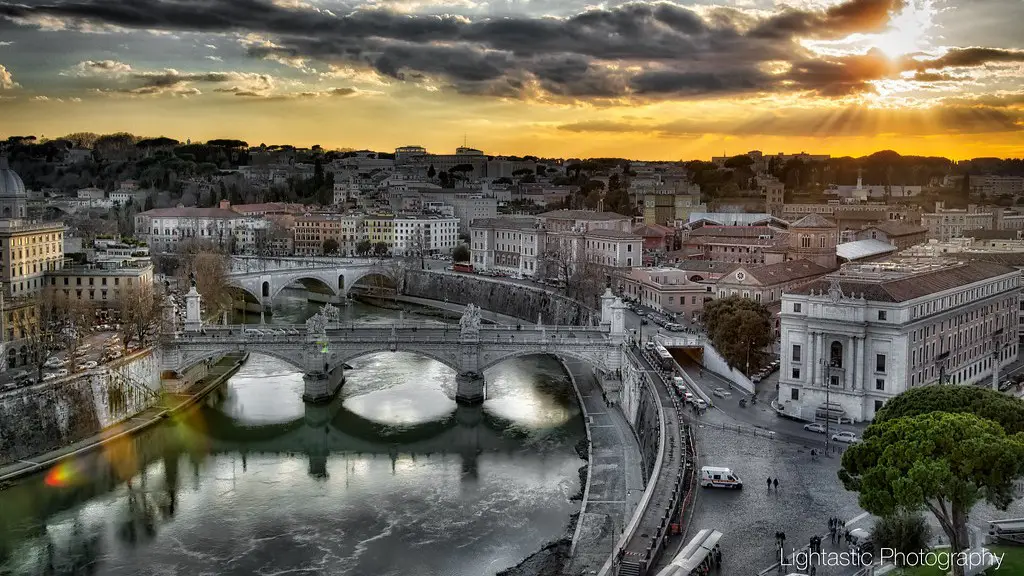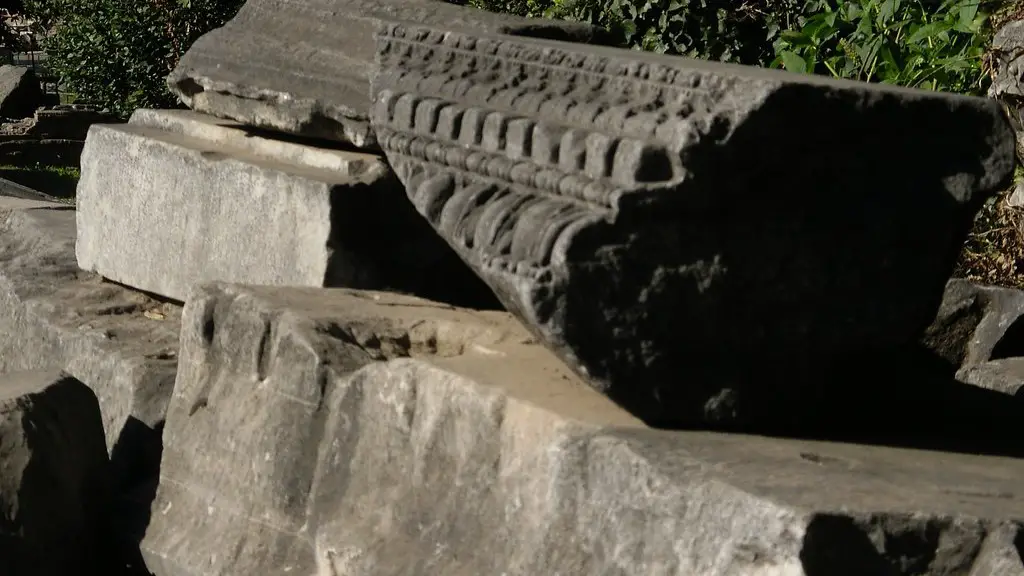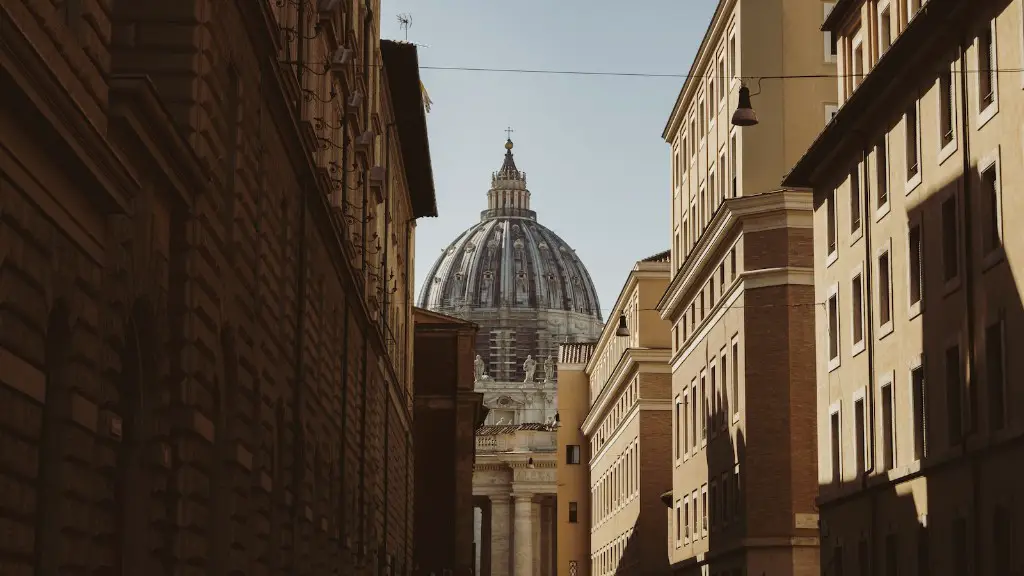The ancient Roman Republic had two powerful officials, known as the consuls, who were elected by the Roman people for a one-year term.They were the highest political officials in Rome, and the citizens expected them to protect their interests.The two consuls were the face of the Roman Republic and were responsible for running the day-to-day operations of the government.
The consuls had a great deal of responsibility, as they were in charge of the military, government administration, finance and foreign affairs.They also had the power to pass laws, approve treaties and sign official documents.Because of their power, the consuls were often seen as the “gatekeepers” of the Republic.It was their job to ensure that the laws were in the best interest of the citizens and the nation as a whole.
Being a consul was a prestigious position and many of Rome’s most famous leaders held the office throughout its history.Cicero and Julius Caesarare two of the most famous consuls of Rome.Cicero held the office from 63 BC to 61 BC, during which time he fought for popular rights and carried out an important program of public works.He was considered one of Rome’s greatest orators and is credited with helping to change perceptions of Roman politics.
Julius Caesar held the office of consul from 59 BC to 58 BC.He is remembered most for his ambitious political and military accomplishments, including his conquest of Gaul and his crossing of the Rubicon.He also significantly expanded the frontiers of the Republic and was the first Roman leader to be styled as “Imperator” – a title that would later be given to all Roman emperors.
The consuls of Rome had a great deal of power and were a major factor in the stability and prosperity of the Republic.They were expected to be moral and upstanding citizens, and their actions and words were closely monitored.The office of consul ultimately came to an end with the fall of the Republic and the rise of the Roman Empire in the first century BC.
Senate
In addition to the two consuls, the Roman Republic also had a Senate, which was made up of 200 to 300 members.The Senate had the power to pass laws, control finances, and make treaties.The most important members of the Senate were the magistrates and senators, who were elected by the people of Rome.
The Senate was responsible for advising the Roman citizens on important issues.They played an important role in the politics of Rome and had the power to pass laws and make decisions on taxation, foreign policy, and the welfare of its citizens.The Senate also had the power to ratify treaties and make decisions on military campaigns.
The most influential senators were known as the patricians, who were the wealthiest and most powerful people in Rome.The patricians held the most influential positions in the Senate and had the most influence in terms of decision-making.The patricians were also the most likely to become consuls, as they represented the upper class.
Throughout the Republic’s history, the Senate was an important institution and played a key role in keeping the citizens of Rome safe, secure and prosperous.
Plebeians
The Roman Republic also had a class of citizens known as the plebeians. These were the common people who made up the majority of the population.The plebeians were rarely involved in politics, as they were usually excluded from important decision-making. However, they still had a say in the election of consuls, as they elected the two consuls by vote.
The plebeians were mostly farmers and laborers, and their interests were often neglected by the patricians in the Senate. This led to a series of conflicts between the patricians and plebeians, known as the “Struggle of the Orders”. Through this conflict, the plebeians were able to gain more rights and better representation in government.
The plebeians were an important part of Roman society and their contributions enabled the Republic to thrive.They had the power to elect consuls, and this gave them a voice in the politics of the Republic.
Imperator
The title of Imperator, which means “commander”, was adopted by the Roman Republic in the first century BC. It was originally granted to generals who had successfully led their armies in battle.Eventually, the title was given to the consuls of Rome as a symbol of their elevated status.
The title of Imperator was seen as a sign of respect and prestige and was a highly sought-after honor.The title was held in high esteem, and it was believed that the person who held it should be the best leader available, who commanded the loyalty and respect of the citizens of Rome.
The title of Imperator was an important symbol of Roman power and was eventually adopted by Roman emperors, who used it to signify their superhuman power and authority.It is still used today in many countries, including the United Kingdom, to denote the highest rank held by a military or political leader.
Religion
Religion played an important role in the Roman Republic, and was an essential part of the culture and daily life of the citizens.The official religion of the Republic was polytheistic and focused on the worship of the Roman gods and goddesses.
Ceremonies and festivals were held in honour of the gods and goddesses, and they were believed to bring good luck and prosperity.The religion also gave the citizens a sense of identity and belonging, and it was seen as a unifying force.
Religion was closely intertwined with the political system in Rome, and religious rituals were often performed in order to secure divine favour for the Republic.The religious rituals were performed by the Vestal Virgins, who were the priestesses of the official religion.They were seen as symbols of the piety and unity of the Roman Republic.
The official religion of the Republic played an important role in the lives of the citizens and had a significant influence on the culture of Rome.
Education
The citizens of the Roman Republic had access to education, which was seen as essential for the health of the Republic.Education was provided for both the wealthy citizens and the less-privileged classes.
The wealthier citizens had access to higher education and had the opportunity to study philosophy and rhetoric.Those in the lower classes could attend grammar schools and learn reading, writing, and arithmetic.
The schools in Rome focused on the traditional values and moral code of the Republic.Students were taught to respect their elders and to honour the gods and goddesses, and to be loyal to their country.The educational system was an important part of the Roman way of life and was seen as essential for the maintenance of the Republic.
The education system in Rome ensured that the citizens were equipped with the skills and knowledge they needed to contribute to the Republic.This is why it was seen as a necessary component of Roman life.
